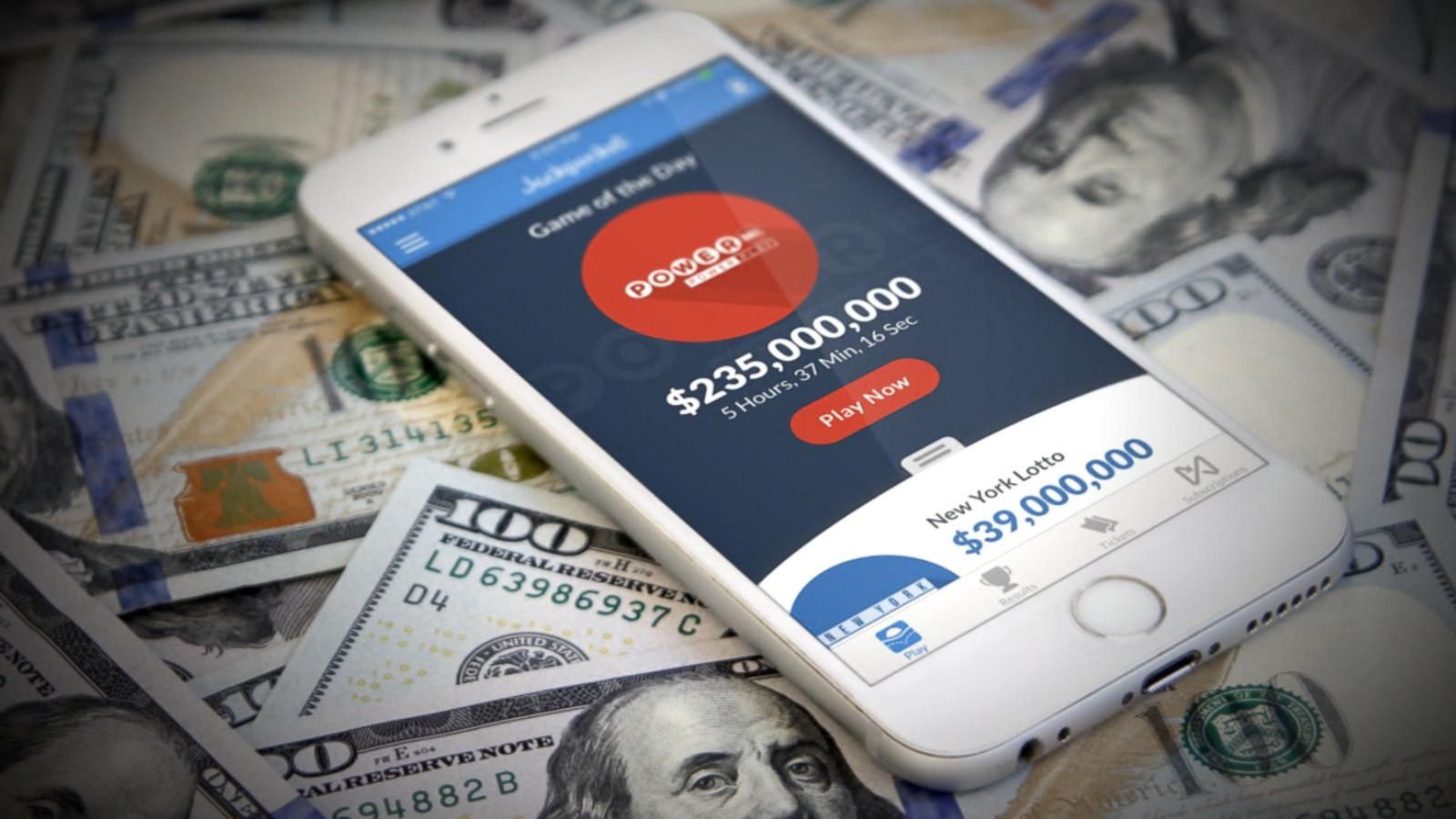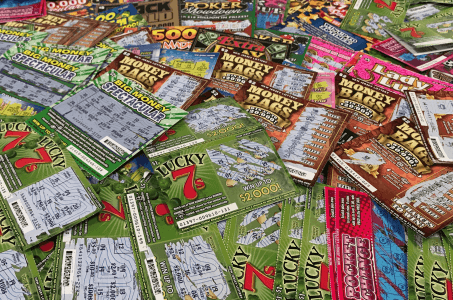Wire Act Reinterpretation Could Be At Risk As State Lottery Officials Pressure DOJ
Posted on: March 16, 2019, 05:00h.
Last updated on: March 16, 2019, 05:07h.
Legal experts say that Department of Justice (DOJ) officials could soon buckle to mounting pressure to limit or even withdraw a controversial reinterpretation of the Wire Act, which now extends its authority from only sports betting to also encompass state lotteries.

Lottery officials are making their concerns known to members of Congress and the DOJ.
Earlier this year, critics of the new opinion also had reason for optimism after the Justice Department twice delayed its implementation date. The revised opinion now becomes effective on June 14, assuming it’s not delayed again.
Negotiated Settlement Possible
Keith Miller, Levitt Distinguished Professor of Law at Drake Law School and vice-chair of the American Bar Association’s Gaming Law Committee, told Casino.org the delay already “suggests that there is some rethinking and/or negotiations taking place right now … This may buy them time for a negotiated resolution.”
Eventually, the opinion could be amended or even “rescinded,” Miller added.
And if current attempts at a resolution fail, pending litigation against the DOJ will continue, because state lotteries “really have no choice,” Miller said.
The expert also points out it’s “pretty clear” that lotteries “weren’t the target of this opinion — online casino gambling and poker were.”
Last month New Hampshire officials filed a federal lawsuit against Attorney General William Barr and the DOJ, a move supported by several other states.
It says the Nov. 2, 2018 opinion — which was publicly released in January — reverses the DOJ’s 2011 opinion that held the Wire Act applied only to betting or wagering on sporting events or contests, and does not apply to sales of state lottery tickets over the internet. It also points out that all of New Hampshire’s lottery-related activities “use the internet or wires incidentally.”
Complex Issues at Play
State lotteries typically have duplicate operations in different states so they can continue operations if a disaster occurs. Lotteries are required to operate out of their disaster recovery site at least twice a year, the lawsuit says.
I think there are a lot of questions remaining about the new Wire Act interpretation, in regard to lottery sales, as well as intrastate online activity more generally,” John Holden, an assistant professor of management at Oklahoma State University who has written widely on sports law and gambling, told Casino.org.
“It is likely that we see some additional clarification from the DOJ before the new opinion comes into effect in June.”
Anthony Cabot — a Distinguished Fellow in Gaming Law at UNLV who formerly chaired the gaming law practice at Lewis Roca Rothgerber Christie — told Casino.org that the DOJ apparently believes that in-state online sales of lottery tickets would violate the Wire Act. And when it comes to multistate lottery games, like Powerball or Mega Millions, a customer can go into a retail location, like a convenience store, and purchase a lottery ticket, without ever using a cellphone or computer.
But the lottery system that connects the store with regional lottery offices may use “interstate communications,” for things like getting the amount of the jackpot, accounting and other controls, Cabot said. The DOJ could find that to be in violation of the Wire Act, he adds.
Opponents also point to how some federal appeals courts already have held the Wire Act doesn’t apply to non-sports gambling.
The Wire Act dates back to 1961 and was implemented by the Kennedy Administration to curb illegal gambling, long before the internet was invented — and states on the US mainland had yet to offer lotteries.
Currently, 10 states have online lottery ticket sales and Connecticut is considering one, too.
Miller says it is unclear how courts would rule on the New Hampshire lawsuit, but adds the recent opinion on the Wire Act “is not a strong one. The statute is confusing and the refusal … to consider the legislative history of the Wire Act makes it quite apparent it was a results-focused analysis.”
Similarly, Cabot said the new DOJ opinion will not withstand a legal challenge.
Gaming & Hospitality Practice Group Chair at Dickinson Wright, Kate Lowenhar-Fisher, told Casino.org previously that “the entire Wire Act itself is probably ripe for removal because, at the end of the day, states already have their laws addressing illegal gambling and we already have federal laws that aid the states in enforcing their illegal gambling laws.”
Related News Articles
Nebraska Lottery Won’t Pay Out on 405 Misprinted Scratch-Off Tickets
UK Gambling Commission Shuts Down Couple’s Charity Raffle for $758K Home
German Regulator Cannot Order Lottoland ISP Blocking, Court Rules
Most Popular
FTC: Casino Resort Fees Must Be Included in Upfront Hotel Rates
Genovese Capo Sentenced for Illegal Gambling on Long Island
NBA Referees Expose Sports Betting Abuse Following Steve Kerr Meltdown
UPDATE: Former Resorts World & MGM Grand Prez Loses Gaming License
Most Commented
-
UPDATE: Whiskey Pete’s Casino Near Las Vegas Closes
— December 20, 2024 — 30 Comments -
Caesars Virginia in Danville Now Accepting Hotel Room Reservations
— November 27, 2024 — 9 Comments -
UPDATE: Former Resorts World & MGM Grand Prez Loses Gaming License
— December 19, 2024 — 8 Comments -
FTC: Casino Resort Fees Must Be Included in Upfront Hotel Rates
— December 17, 2024 — 7 Comments
















No comments yet